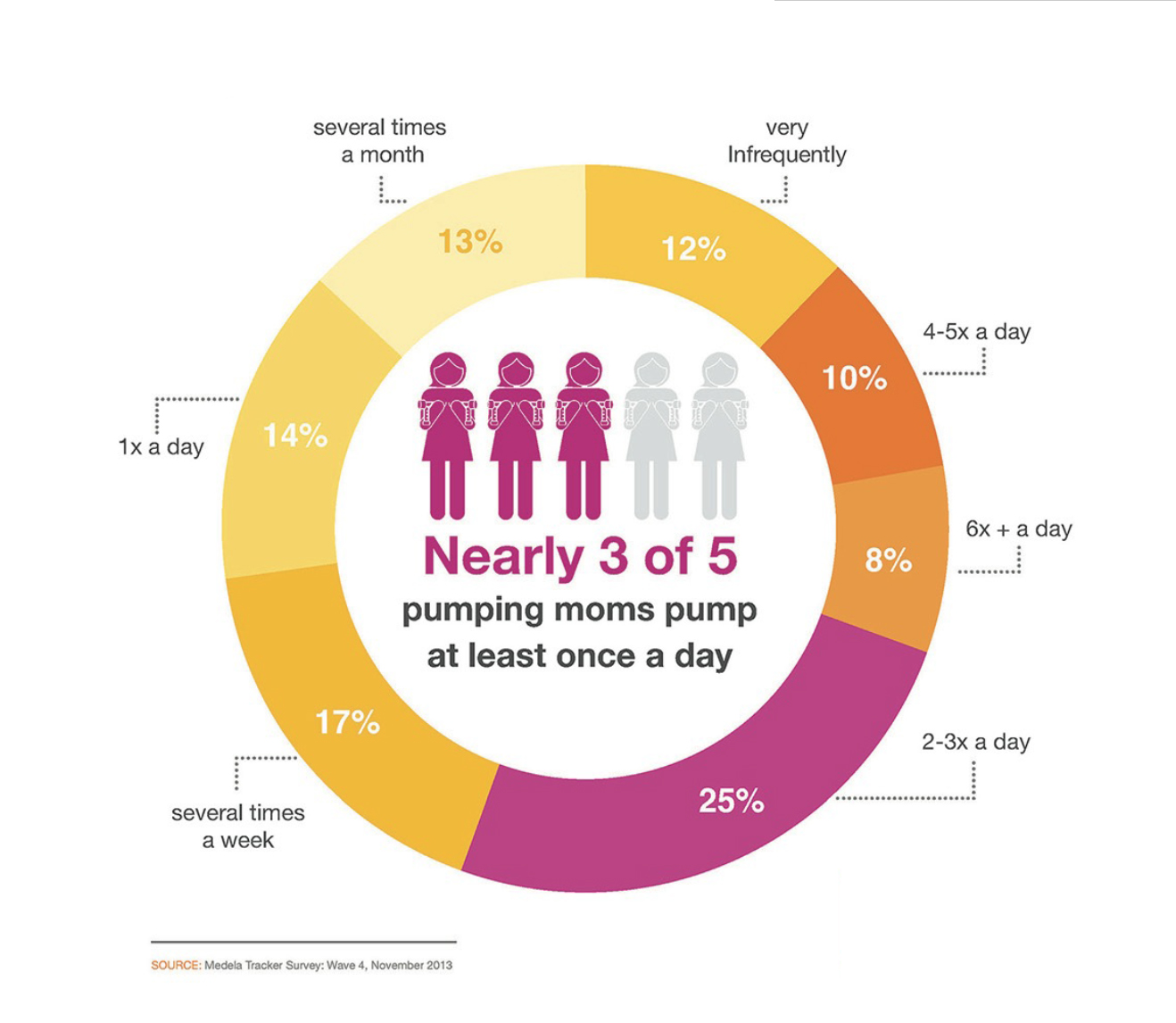While women are taught what to expect during pregnancies and child birth, it’s the postnatal stretch that takes us most by surprise. Our hormones are still raging, we are sleep deprived and for first time moms, just downright confused. Is the baby getting enough milk? Am I eating healthy enough? Is my milk good enough? And finally, am I producing sufficient milk to feed a growing baby? This can be an added pressure when you have a fussy baby, new stitches which are yet to recover, and dripping nipples. You will find, that most first time breastfeeding moms are constantly tired, cranky or overwhelmed.
On one side of the pendulum, there are those moms who can breastfeed while cooking, cleaning, and working and look fabulous while doing it! Do they try harder? Or are they naturally blessed? Research shows, that in unusual cases a medical condition may affect a mother’s milk supply. For the most part, it is uncommon for a mother to have a limited milk supply. More often the problem lies in lack of support for, or knowledge about, breastfeeding. If you’re feeling insecure about your ability to breastfeed, you may end up believing you aren’t producing enough milk at all.

While some women may suffer from an undersupply of milk, others like me may suffer from painful impediments such as engorgement, mastitis, or plugged milk ducts due to an oversupply. There’s no smooth sailing for any of us!
My experience was somewhere in the middle. I found that while almost everyone I met was willing to give advice, sometimes strongly against combination feeding (breast and bottle feeding), there wasn’t one qualified lactation consultant available. People were quick to give ideas on how to increase milk supply, but couldn’t help in finding the perfect way to latch.
There was intense pressure to somehow make it work. The pressure wasn’t always societal, it was personal as well. With the numerous benefits of breast milk, and with ‘breast being best,’ who wouldn’t want to only give their child that?
I stacked on the breast pumps, breast shields and whatever else I could find and dove head in. My only goal in life for the first 6 months of my child’s birth, was to have an exclusively breast fed baby. It wasn’t easy, and I found it excruciatingly painful as my nipples cracked every time new feed came in.
I also am not the sort of person to whip my breasts out in public, or even want people to know that I’m nursing in another room. But that may just be me, as a recent global survey shows that 49.7% of the women interviewed were not hesitant about breast feeding in public or in front of relatives. After all, it is the most natural thing in the world!
With my second child born in London, the very experienced midwives gave my baby the bottle while I was knocked out from my surgery. I was horrified, but they explained that a hungry child needs to be fed, regardless of the method. Although they encouraged me to breast feed, the damage had been done.

If fed is best, why are we so persistent on continuing to exclusively breast feed?
It’s because breast milk contains antibodies that help your baby fight off viruses and bacteria. Babies who are breast fed exclusively for the first 6 months, without any formula, develop greater immunity and have fewer infections, respiratory illnesses, and bouts of diarrhoea, or childhood cancers, including Leukemia and lymphoma. The list is extensive. According to research, there are loads of long term benefits to breast fed babies, like reduced chances of heart and liver disease in adulthood.
Oh, and breastfeeding helps mothers too. Apart from encouraging a strong emotional bond with their babies, the act of nursing itself helps the mothers body heal naturally, reducing the chance of severe postpartum bleeding. Research has also shown that women who do not breastfeed are at a higher risk for diabetes, osteoporosis, breast, ovarian and endometrial cancers.
Then isn’t breast milk the only right option?
While the numerous benefits of breast milk are undeniable, my personal beliefs lie in normalising handing babies a bottle when mothers are tired. You do not need to be present each time the baby has to be fed – bottle feeding allows others to share the feeding, allowing mothers to take a break or for working moms, to be able to go back to work at the appropriate time.
Bottle feeding helps dads get involved with their baby too! When couples divide the duties of feeding a child, the recovering mother gets the rest that she deserves, and it may considerably lessen the chances of postpartum depression as well!










What do you think?
You must be logged in to post a comment.